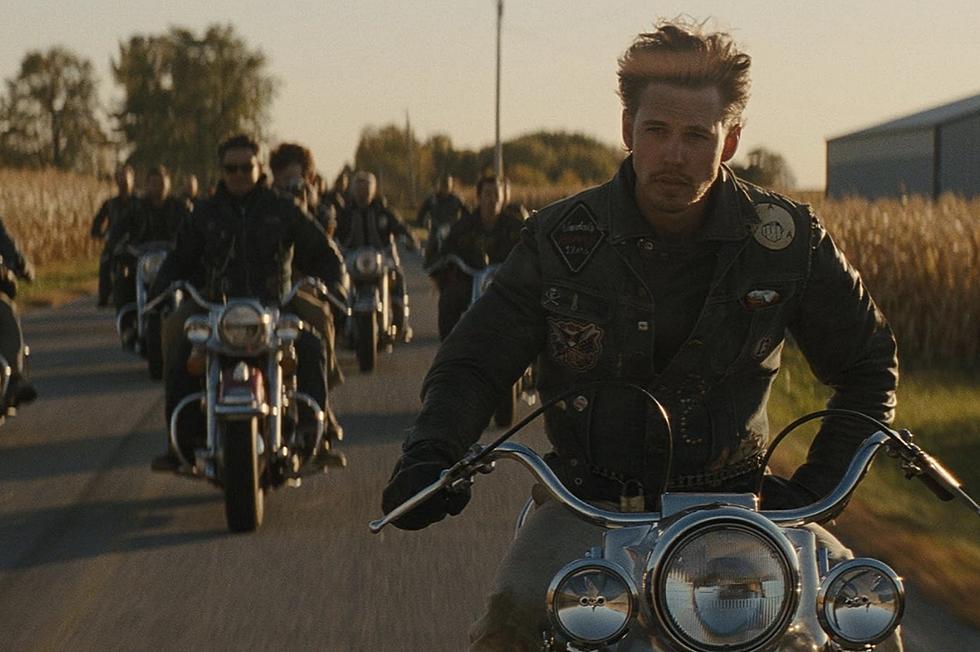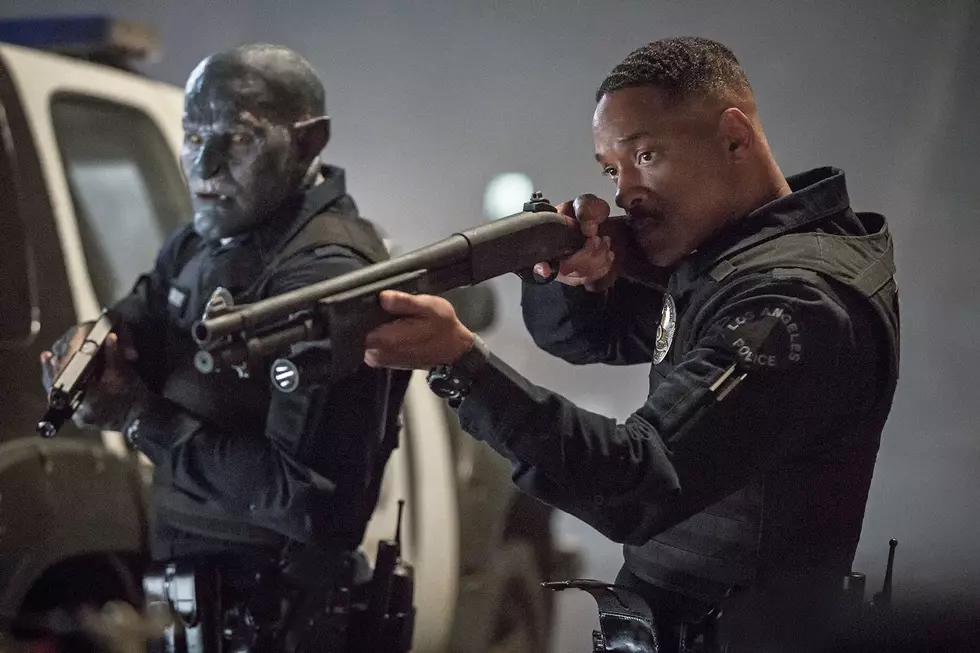
‘Loving’ Review: Ruth Negga and Joel Edgerton Give Their Best Performances Yet
Richard and Mildred Loving couldn’t have had a more perfect last name. The real-life interracial couple, whose 1958 marriage violated Virginia’s anti-miscegenation laws and led to a landmark laws civil rights case, weren’t just incredible for how much they changed history, but for how deeply they loved one another despite all the opposition they faced. In the aptly titled historical drama Loving, Jeff Nichols makes the couple’s warm devotion the focal point of a quiet, intimate film.
There’s a lot of ways to approach a biopic about historical figures. Films like Loving often depict their subjects as untouchable heroes. But Nichols turns the Lovings into nothing of the sort. We’ve known the couple through their famous photographs in Life magazine and documentaries, but Loving offers a personal portrait instead of a pedagogical history lesson.
The film opens with a close-up of Ruth Negga’s Mildred telling her boyfriend Richard (Joel Edgerton) she’s pregnant. There’s a silence and stillness all around them in the gorgeous rural landscapes of Virginia. When he fails to say anything in reply, she asks if he’s mad at the news. He warmly responds, “No, I’m not mad.” Edgerton’s Richard doesn’t emotes much; he’s too composed to show explicit feelings of joy or anger. But he does love Mildred and he expresses it through small actions.
Early on he surprises her with an empty field of land he’s purchased to build her a home on. She reacts only by looking at him with adoration in her eyes. Their bond is built on such a simple foundation that they don’t need to convince us of it with grand gestures or sentimental dialogue. It just is, and Nichols watches the two with a delicate steadiness. As cheesy as it sounds, Nichols’ film really is about the Lovings loving each other.
When Richard proposes to Mildred they travel to Washington D.C. to get married in the summer of 1958. After they return home to Virginia, the police get word of their illegal union, a violation of the state’s Racial Integrity Act, and break down their door to rip the couple from bed in the middle of the night. Richard and Mildred are thrown in jail, but he’s released in the morning while the police prevent him from bailing out his wife. When he pleads with the sheriff (Martin Csokas) about his wife being locked up while pregnant, he’s sharply reprimanded for breaking yet another law, the right for white and black couples to have children. “You know better,” the sheriff barks at him.
A lot of people say that to Richard throughout the film, punishing him for an ignorance, maybe even selfishness, that has put his wife’s life and freedom in danger. But Nichols isn’t interested in criticizing the couple’s choices, or even the racists who lock them up. Instead the filmmaker gives us a snapshot of a moment that feels authentic. Though set half a century ago, this is the type of filmmaking that feels timeless in its intimacy.
It’s the rich and restrained performances that make Loving feel so lived in. Negga plays Mildred as a quiet woman who gradually rises into a position of authority. She’s passive and shy, but after being forced out of her home to raise her and Richard’s kids in the city, she falls into a deep depression. Negga introduces us to a timorous woman who slowly begins to take control of her family’s situation. Edgerton also gives his best performance yet, bringing a deep sensitivity to Richard, a man you can see struggling with how to fully express himself. Edgerton and Negga play off each other so well, each showing different layers of vulnerability, fear, and strength.
Nichols is one of the most talented filmmakers of our time. He excels at poignant interactions between characters in compromising circumstances, and with Loving he brings a monumental story back down to Earth. It’s a film that slowly sneaks up on you, imbued with such quiet emotions that you don’t feel its full weight and beauty until it ends.
More From ScreenCrush









